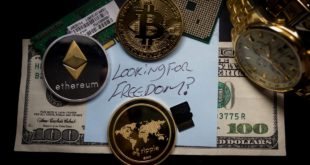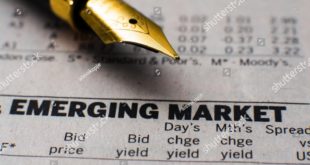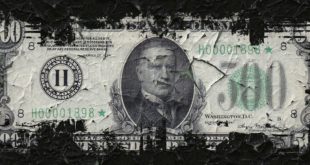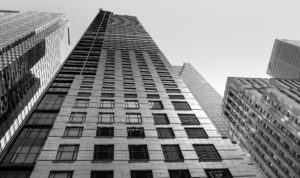 Investors wait for ride the right wave to gain some profits. Some of them believe that the safest investment vehicle after T bond is the real estate because it keeps the value safe from rubbery and most of the time from economic turbulences. As the manner of facts, real estate could be a problematic investment and could cause some serious damage for the domestic economy if it depends on some monetary policies, which are taken in the first place to stimulate struggling economies.
Investors wait for ride the right wave to gain some profits. Some of them believe that the safest investment vehicle after T bond is the real estate because it keeps the value safe from rubbery and most of the time from economic turbulences. As the manner of facts, real estate could be a problematic investment and could cause some serious damage for the domestic economy if it depends on some monetary policies, which are taken in the first place to stimulate struggling economies.
As Investors look for the opportunities that gives them highest returns, they find the real estate as a good place to dig in compared to other investment- vehicles. However, it needs more money than other investments therefore the first door to knock on is the bank.
Furthermore, the critical factors that cause the unwanted outcomes for the domestic economy are; the low interest rate as a policy to motivate the cooling down economy, overwhelming supply which never met yet by the demand, and time which is represented by maturity date of due loans. In addition, exaggerating house’s prices regarding the speculations in some spots causes bubbles. These bubbles (prices) do not match the buy power this leads to freeze the market for years.
The last international financial crisis happened in 2008 because of mortgage loans mislead and real estate market nature itself that time. Moreover, the high correlation between international banks made this disaster worse and started chain of reactions to many economies. The central banks took the lowering interest rate as a policy to recover the economy. It has been cut along the last eight years to lowest level ever, which reached extremely for instance in Germany as called the negative interest rate. This motivation prompts the investors among positive atmosphere and trust toward the governments to start businesses.
The low interest rate poured more liquidity in the markets and had led to surge the prices upward and caused inflation. In order to control it, central banks are now planning to rise the interest rate to absorb it but this should not be the right decision in the right time because it could lead to default loans if the demand in real estate market does not meet the supply properly.
Regarding the critical factors that mentioned above, there are three scenarios that could happened as worst-case scenarios. The first one, if the demand stays weak and does not cover the supply (no new home sales) the prices of the buildings will go down and this will make investors in a very bad situation because they couldn’t sell what they invest for, Therefore they could not pay their debts to the banks. Sequentially, banks have default loans and could not payback their liabilities to other financial institutions even if they seized assets in order to secure the loans and sell them afterward. This will lead to more price deterioration.
The second scenario, if the market stands still because of price bubble the sales of new houses doesn’t pay off the investors for their obligations so they bankrupt and could not payback the debt services and even the principal when it matures.
The third scenario, once the central banks rises the interest rate to contain the inflation this could be more costly for barrowers if they are willing to pay back their long/mid-term loans when it due date, it could lead afterward to default loans.
Finally, a long-term investment like real estate investment in stimulated economies needs an efficient get-out- strategy because it could face some serious unexpected events that makes this kind of investment a disaster. On the other hand, Central banks should put in an effective policy in the right time to maintain the market intact and motivated.
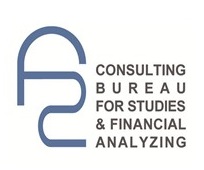 Financelyzer Consulting Bureau for Studies and Financial Analyzing
Financelyzer Consulting Bureau for Studies and Financial Analyzing


